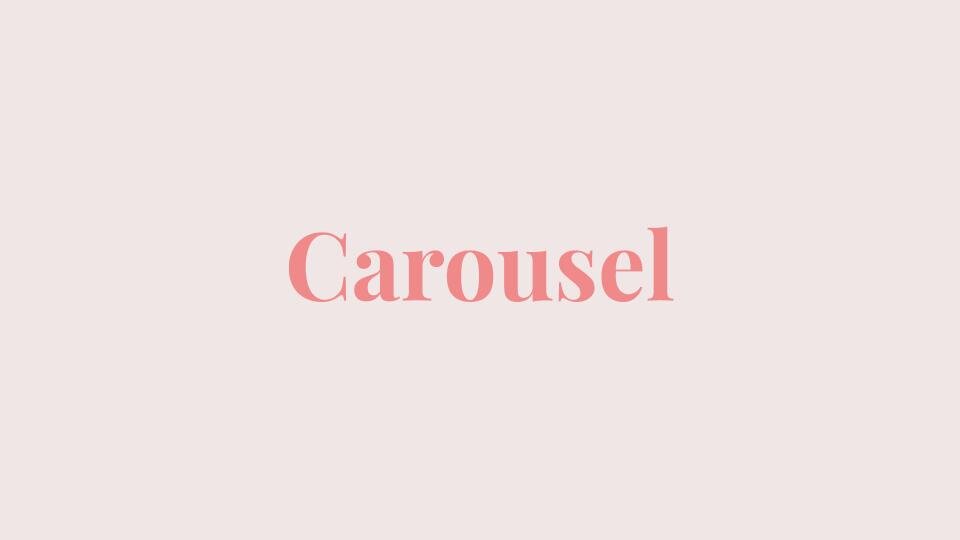8. Applying Stoic Philosophy to Your Situation.
5 Ways Stoic Philosophy Can Help You in the Early Days of a Cancer Diagnosis.
1. Letting Go of Shame
A cancer diagnosis or any trauma can make us feel vulnerable. We can feel like there is something wrong with us.
We may feel inferior. Or just different.
But Stoicism showed me that I could still be confident in myself. Perhaps this was even an opportunity to build confidence.
I could move my focus from the external situation and onto my inner world.
I could be proud of my mindset, my values, my beliefs, and my actions.
In loss and defeat, Stoicism offers a clear and noble path. This helped when I faced a sudden shortened life expectancy. It gives us reason to feel positive about ourselves. And not because of a certain outcome in the world, but because of how we conduct ourselves.
“Here is a rule to remember in the future, whenever you are
tempted to feel bitter, think not what bad fortune but to bear this worthily is good fortune.”
2. A Sense of Empowerment
The Stoics taught me to make the distinction between what is happening out there and what is happening in my mind. Up until that point, my thoughts and feelings were largely at the mercy of what was happening in the world. In not holding myself responsible for what happened in the past I was able to stop beating myself up. By not blaming myself, a lot of white space opened up internally. I was able to see, maybe for the first time since the diagnosis, that I deserved comfort and peace. And I could provide that comfort and peace to myself. I could respond to myself with loving and compassionate thoughts. I could believe it was possible to change my perception of events to something more favourable.
I became totally empowered in recognising I could interpret events in a way that was sympathetic to my situation and whatever goals I set.
Comfort and peace of mind became my goals.
I could focus my next thought, belief or action on something that would take me closer to comfort or peace.
3. Letting Go of Judgement
The Stoics helped me begin to let go of judgement. I started to recognise that every judgement we make is
unique to our beliefs, thoughts, circumstances and perception at that time.
“It’s not an event itself that causes pain,
but our interpretation of that event.”
Not many of us consciously choose our values and beliefs. They are handed down through our history and culture.
Are we really in a position to judge what is “good” and what is “bad?”
Do we have a complete knowledge of the past, present and future?
Do we always know what is in our best interest?
In recognising the world we experience is not made from absolute truths, I could look on the external world with less rigidity. Cancer wasn’t so polarising. It didn’t have to be cancer = devastation; non cancer = sublime or even ill health = bad, wellness = good.
What about mental health? Or spiritual health?
What about the opportunities inherent in challenge?
My power lay not in trying to manipulate the situation out there but in taking
responsibility for my perception. I let go of ‘good’ and ‘bad’
as absolute terms. And made a conscious effort to drop ‘good’ and ‘bad’ from my vocabulary.
There is no ‘good’ news or ‘bad’ news, there is just news.
This helps me keep on an even keel when awaiting a diagnosis, scan result or treatment plan.
‘I don’t know’ can be a very powerful place to be.
4. A Turning Point
The Stoics showed me that in any moment, when we are done with despair, we can choose to turn a situation around. “It isn’t what happens to us but how we respond that matters.”
Even if we have an unhelpful thought, our next thought can be more helpful.
Stoicism showed me how, with a little ingenuity, we can interpret events in a more neutral way. We can derive our self-worth from our mindset rather than our perceived success or failure in the world.
“Wealth isn’t having many possessions but having few wants. ”
5. See the Opportunity in Every Situation
‘Difficulties strengthen the mind as labour strengthens
the body,’ says Seneca. Through Stoicism, I began to challenge
the thoughts and beliefs that cause pain. How I saw things
was no longer a truth. It was a perception. And perception is fluid.
Perception is dependent on one’s point of view and preferences,
which are changeable from person to person, culture to culture
and even moment to moment. I learnt there are cultures that
celebrate death and mourn birth.
What if having cancer could be helpful in some way?
It was the stoics that set me on this journey and it is the Stoics I return to when things get tough.
Maybe you will find the same comfort in their teachings?
What Next?
This is the final article on Stoicism for now.
If you want to learn more about this philosophy, check out the resources page here.
I also recommend some self enquiry.
What are my mental health goals?
How do I want to feel?
What is my current reality?
What thoughts and beliefs are causing the most pain?
Where do these thoughts come from? Did I choose them?
How can I look at things differently?
What thoughts and beliefs would bring more comfort?
Which Stoic quotes have the most meaning to me?
What happens when I use these quotes in moments of emotional distress?
Could learning to cope with loss be a gain?







What Is Stoicism? How Can It Help Me?